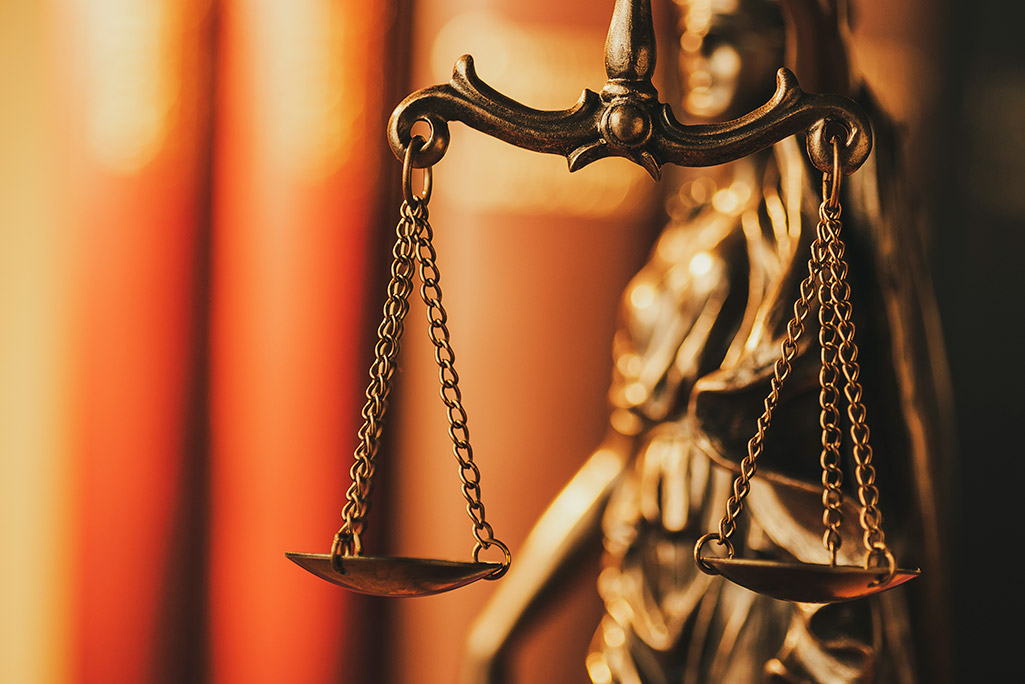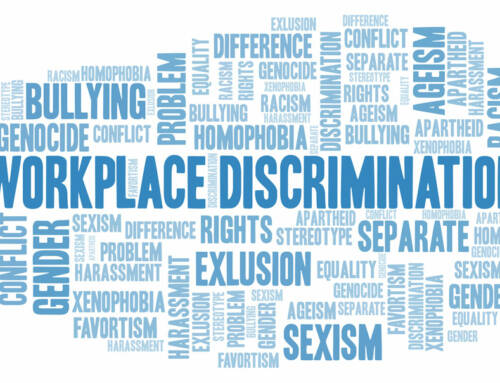Where Will I Have My Day in Court?
Although most civil claims settle before trial, everyone is entitled to their day in court. But not all courts are the same. These differences largely hinge on jurisdiction and venue, two Legalese words that we’ll examine below. Briefly, jurisdiction relates to a judge’s legal authority to hear a matter. Venue is geographic authority.
Regardless of the nature of your dispute, and whether you started things or just want to end them, our New York personal injury attorneys are at your side. We handle l cases on a nationwide basis.
General State Courts
Most fall, car crash, dog bite, and other injury cases go to general state courts. These courts have jurisdiction over a dispute between people who live in the same state. For legal purposes, a corporation or other company usually resides in the county where its principal office is located.
Most states, including New York, have several layers of courts. Justice courts are a little like Judge Judy without the cameras. The litigants tell their side of the story to a judge, who makes a decision. General jurisdiction courts are a little like Perry Mason without the script. Lawyers question witnesses and make legal arguments before a judge or jury.
Venue is sometimes an issue, especially in the aforementioned car crash claims. Frequently, the victim/plaintiff lives in one county and the accident happened in a different county. Usually, a New York personal injury attorney may decide where to bring the claim.
Specialty State Courts
Family courts are the most common example of a specialty state court. These courts normally handle divorces, adoptions, and other family law matters. Other specialty state courts, which usually have jurisdiction over criminal law matters, include domestic violence courts and drug courts.
Sometimes, there are parallel proceedings. For example, Wife might obtain a restraining order against her abusive spouse in a domestic violence court, and then file for divorce in a family court.
Mental health courts are the latest specialty state courts. Forty-six states have at least one criminal law mental health court. Much like a drug court’s emphasis, a mental health court focuses on punishment and treatment, as opposed to just punishment. There is still work to be done. Frequently, courts treat people with mental health problems differently, but police officers do not.
General Federal Courts
Article III of the U.S. Constitution sets the jurisdiction of federal courts. Mostly, federal courts have jurisdiction over matters of federal law and civil disputes between residents of different states. Other jurisdiction matters, which do not come up very often, include cases involving ambassadors and admiralty disputes. The Supreme Court sometimes has original jurisdiction, but it’s mostly an appellate court.
This rule seems straightforward, but it’s sometimes controversial. A homeowner’s dispute with a mortgage company is a good example. Frequently, both pirates conduct all their business inside one state, but the bank is technically headquartered in another state. Sometimes a bank can successfully move such a case from state to federal court, and sometimes not.
Specialty Federal Courts
Mass torts, or injury cases which affect thousands of victims, usually end up in a specialty federal court.
Some mass torts are class actions. The 1990s Fen-Phen diet pill case was a class action. The combination of these two drugs, fenfluramine (Pondimin) and dexfenfluramine (Redux), caused heart problems. Millions of people took Fen-Phen. They all took this diet drug for the same reason and under the same circumstances. So, the courts consolidated all the little cases into one big case.
Incidentally, heart problems and other such illnesses, like cancer, often do not appear for several decades. So, if you took Fen-Phen in the 1990s and are just now having problems, you are not alone, and you have not missed the boat. These claims are still being filed and still being paid.
Other mass torts are Multidistrict Litigation matters. Defective 3M earplug claims were consolidated in a Florida federal court for pretrial purposes. A special master usually oversees discovery and other pretrial aspects. If the case does not settle, it usually returns to its home jurisdiction for trial in a general federal court.
Different legal claims follow different procedural roadmaps, but your rights are always the same. For a free consultation with an experienced New York personal injury attorney, contact Marie Kaiser Napoli. We routinely handle different matters on a nationwide basis.






